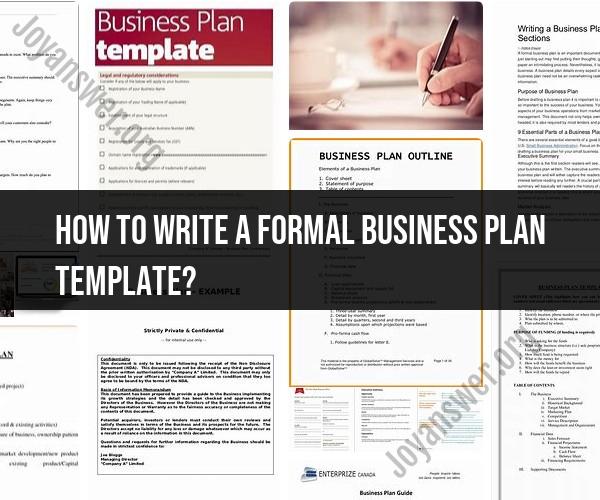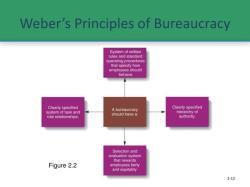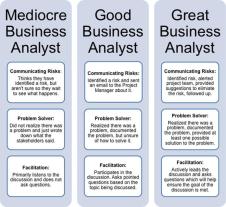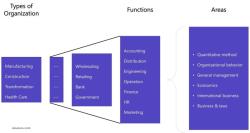How to write a formal business plan template?
Creating a comprehensive formal business plan template is a critical step in outlining your business goals, strategies, and operations. A well-structured business plan serves as a roadmap for your company's success and is often required when seeking funding or investors. Here's a step-by-step guide to help you write a formal business plan template:
1. Cover Page:
- Include the name of your business.
- Your contact information (address, phone number, email).
- Date of the business plan.
2. Table of Contents:
- List the sections and subsections of your business plan along with their page numbers for easy reference.
3. Executive Summary:
- Provide a concise overview of your business, highlighting key points such as your mission, vision, business concept, and goals.
- Summarize your financial projections and funding requirements.
- Keep it brief, ideally one to two pages, but make it compelling to capture the reader's attention.
4. Business Description:
- Describe your business idea, including its history, legal structure, location, and ownership.
- Explain your business's mission statement, values, and long-term vision.
5. Market Analysis:
- Define your target market and its characteristics.
- Analyze industry trends, competition, and market demand.
- Include data on market size, growth potential, and customer demographics.
6. Marketing and Sales Strategy:
- Outline your marketing plan, including pricing, promotion, distribution, and advertising strategies.
- Describe your sales tactics, sales channels, and customer acquisition methods.
7. Product or Service Line:
- Detail your products or services, their features, benefits, and unique selling points.
- Discuss product development and any proprietary technology or intellectual property.
8. Operations and Management:
- Describe your business's day-to-day operations, location, facilities, and equipment.
- Provide an organizational chart and profiles of key management team members.
- Explain your hiring and personnel policies.
9. Funding Request (if applicable):
- Specify how much funding you need and how you plan to use it.
- Include a breakdown of your current funding sources and any existing loans or investments.
10. Financial Projections:- Present financial forecasts, including income statements, balance sheets, and cash flow statements for at least the next three to five years.- Include assumptions and explain your revenue and expense projections.
11. Risk Analysis:- Identify potential risks and challenges your business may face.- Outline contingency plans and risk mitigation strategies.
12. Appendix:- Include supplementary information that supports your business plan, such as market research data, resumes of key team members, legal documents, and additional financial details.
13. References:- Cite any sources or references used to gather information for your business plan.
14. Review and Edit:- Carefully proofread and edit your business plan for clarity, consistency, and correctness.- Seek feedback from advisors, mentors, or business professionals to improve the quality of your plan.
15. Executive Summary (Again):- Repeat a condensed version of your executive summary at the beginning of your business plan to provide a quick overview for readers who may not read the entire document.
Remember that your formal business plan template should be tailored to your specific business and industry. Keep it clear, concise, and well-organized, and ensure that it effectively communicates your business idea, strategy, and financial projections. A well-crafted business plan can be a valuable tool for attracting investors, securing loans, and guiding your business's growth.
Business Planning Excellence: Crafting a Formal Business Plan Template
A formal business plan template is a document that outlines the key goals and objectives of a business, as well as the strategies that will be used to achieve them. It is an essential tool for any business owner, regardless of the size or stage of the business.
A well-written business plan can help you to:
- Attract investors and lenders
- Secure partnerships
- Hire qualified employees
- Make sound business decisions
- Track your progress and make adjustments as needed
To craft a formal business plan template, you will need to include the following sections:
- Executive summary: This is a brief overview of your business, including your mission statement, products or services, target market, and financial projections.
- Company description: This section provides more detail about your business, including its history, ownership structure, and products or services.
- Market analysis: This section describes your target market, your competition, and the overall industry landscape.
- Marketing plan: This section outlines your strategies for reaching your target market and promoting your products or services.
- Operations plan: This section describes how you will produce and deliver your products or services.
- Management team: This section introduces the key members of your management team and highlights their experience and qualifications.
- Financial plan: This section provides detailed financial projections for your business, including revenue, expenses, and cash flow.
Once you have drafted your business plan template, be sure to review it carefully and make any necessary revisions. You should also get feedback from other business owners, mentors, or advisors.
The Blueprint for Success: Creating a Comprehensive Business Plan
A comprehensive business plan is a roadmap for your business's success. It should be tailored to your specific business and should be updated regularly as your business grows and changes.
When creating a comprehensive business plan, it is important to consider the following:
- Your business goals: What do you want to achieve with your business? What are your short-term and long-term goals?
- Your target market: Who are your ideal customers? What are their needs and wants?
- Your competition: Who are your competitors? What are their strengths and weaknesses?
- Your marketing plan: How will you reach your target market and promote your products or services?
- Your operations plan: How will you produce and deliver your products or services?
- Your financial plan: What are your start-up costs? What are your projected revenue and expenses?
Your business plan should be clear, concise, and easy to read. It should also be realistic and achievable.
Business Roadmap: Building Your Formal Business Plan Template
Building a formal business plan template can be a daunting task, but it is important to remember that it does not have to be perfect. The most important thing is to create a plan that is tailored to your specific business and that will help you to achieve your goals.
Here are some tips for building your formal business plan template:
- Start by brainstorming a list of all the topics that you want to include in your plan.
- Once you have a list of topics, start to research and gather information.
- Organize your information into a logical structure.
- Write your plan in a clear and concise style.
- Proofread your plan carefully before sharing it with others.
Remember, your business plan is a living document. It should be updated regularly as your business grows and changes.
Here are some additional tips for creating a successful business plan:
- Be specific and realistic in your goals.
- Focus on your target market and what they want.
- Be clear about your competitive advantage.
- Outline a realistic marketing and sales plan.
- Provide a detailed financial plan.
- Have your plan reviewed by others before finalizing it.
A well-written business plan is an essential tool for any business owner. It can help you to attract investors, secure partnerships, hire qualified employees, make sound business decisions, and track your progress. By following the tips above, you can create a business plan that will help you to achieve your goals and grow your business.













